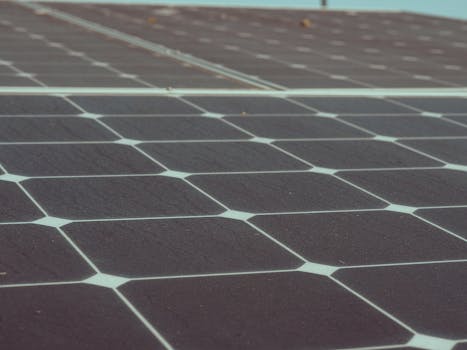
Sustainability and Fiber: How African Companies are Leading the Way
Sustainability and Fiber: How African Companies are Leading the Way. The concept of sustainability has become increasingly important in recent years, as companies and individuals alike seek to reduce their environmental footprint and promote eco-friendly practices. In the fiber industry, African companies are at the forefront of this movement, leveraging innovative technologies and strategies to minimize their impact on the planet. In this article, we will explore the ways in which African companies are leading the way in sustainability and fiber, and what this means for the future of the industry.
The fiber industry is a significant contributor to greenhouse gas emissions, with the production and transportation of fiber products resulting in substantial amounts of carbon dioxide and other pollutants. However, African companies are working to change this by investing in renewable energy sources, such as solar and wind power, to power their operations. For example, the South African company, fibertex, has installed a solar panel system at its manufacturing facility, which provides enough energy to power the entire plant. This not only reduces the company’s reliance on fossil fuels but also decreases its carbon emissions, making it a more sustainable and environmentally friendly operation.
In addition to renewable energy, African companies are also exploring new and innovative ways to produce fiber products. One such example is the use of recycled materials, such as plastic bottles and old clothing, to create new fiber products. This approach not only reduces waste but also conserves natural resources, making it a more sustainable option. The Kenyan company, recycletron, is a pioneer in this field, using recycled materials to produce a range of fiber products, including clothing, bags, and textiles.
The Benefits of Sustainable Fiber
The benefits of sustainable fiber are numerous, and African companies are reaping the rewards of their investment in eco-friendly practices. Not only does sustainable fiber production reduce the environmental impact of the industry, but it also provides a range of economic benefits. For example, sustainable fiber products are often in high demand, particularly among consumers who are willing to pay a premium for eco-friendly products. This can result in increased revenue for companies that adopt sustainable practices, making them more competitive in the global market.
Furthermore, sustainable fiber production can also have social benefits, particularly in rural areas where fiber production is often a significant source of employment. By investing in sustainable fiber production, African companies can help to create jobs and stimulate local economies, contributing to the overall development of the region. The Tanzanian company, tanzafiber, is a good example of this, providing employment opportunities to local communities and supporting the development of the local economy through its sustainable fiber production practices.
Challenges and Opportunities
Despite the many benefits of sustainable fiber production, there are also challenges that African companies must overcome. One of the main challenges is the high upfront cost of investing in sustainable technologies and practices. For example, the cost of installing solar panels or purchasing recycled materials can be prohibitively expensive for some companies, making it difficult for them to adopt sustainable practices. However, there are also opportunities for African companies to access funding and support for sustainable fiber production, such as through government grants and international partnerships.
Another challenge facing African companies is the lack of infrastructure and resources in some areas. For example, in rural areas, there may be limited access to electricity, water, and other essential resources, making it difficult for companies to adopt sustainable practices. However, this also presents an opportunity for African companies to invest in infrastructure development, such as building renewable energy systems and providing access to clean water and sanitation.
Conclusion
In conclusion, African companies are leading the way in sustainability and fiber, leveraging innovative technologies and strategies to minimize their impact on the planet. From investing in renewable energy sources to exploring new and innovative ways to produce fiber products, African companies are making significant strides in eco-friendly practices. While there are challenges to overcome, the benefits of sustainable fiber production are numerous, and African companies are well-positioned to reap the rewards of their investment in sustainable practices.




